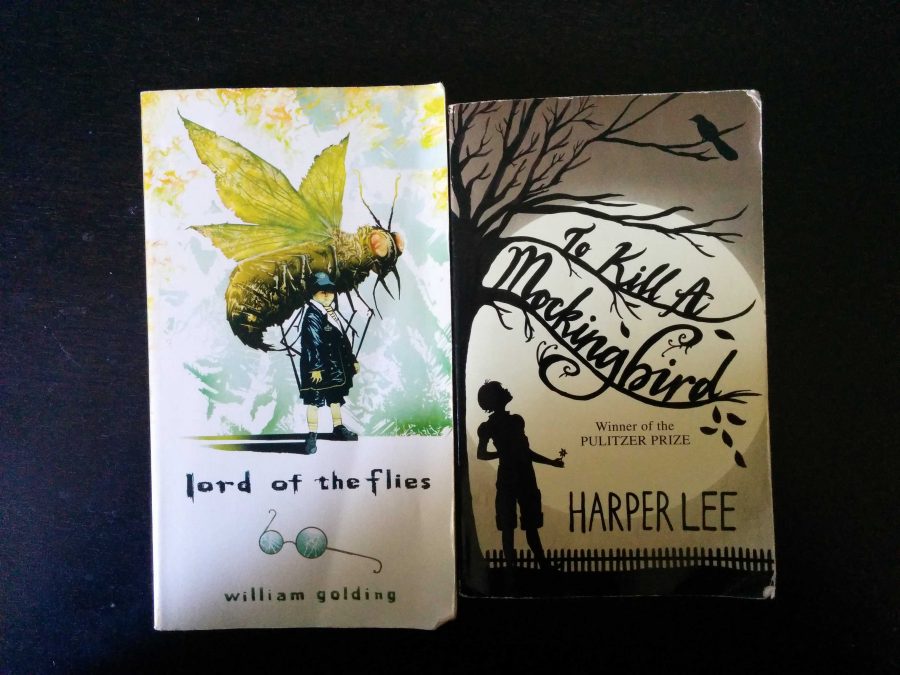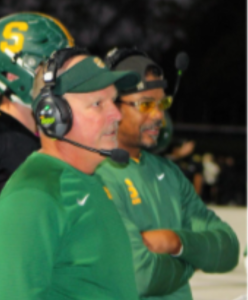Books promote new ideas, not conform to old ones
Other classics, including “Lord of the Flies” and “To Kill a Mockingbird” are frequently challenged by schools. To Kill a Mockingbird has been challenged on counts of profanity and Lord of the Flies on its “excessive violence and bad language.” Both books are a part of our Junior High and High School curriculum.
September 30, 2015
Books have always been an influential medium of expression. From religious literature to modern classics, words influence and reflect ideas in their time and serve as a key tool in expressing the author’s environment and time.
Though classic books may not reflect a reader’s personal view, they serve as another perspective to an issue. In fact, many classics such as “The Great Gatsby”, “To Kill a Mockingbird”, and “The Catcher in the Rye” have all previously been banned or challenged.
Duke University freshman Brian Grasso is refusing to read “Fun Home” by Alison Bechdel. The assigned text in question recounts Bechdel’s experiences living life in the closet.
According to the Duke Chronicle, Grasso wrote on Facebook, “I feel as if I would have to compromise my personal Christian moral beliefs to read it.”
Duke University stands strong in their decision to keep the assigned text. Michael Schoenfeld, Vice President for Public Affairs and Government Relations at Duke said to CNN, “‘Fun Home’ was ultimately chosen because it is a unique and moving book that transcends genres and explores issues that students are likely to confront.”
Outside of the shelter and protection of high school, college is supposed to be a time for expansion, and a time to meet people with different values and beliefs.
In fact, an article on The Atlantic suggests that American college students’ minds are too coddled, and that the need to remove anything remotely offensive, “prepares them poorly for professional life, which often demands intellectual engagement with people and ideas one might find uncongenial or wrong.”
The purpose of these assigned readings is to let each individual student think critically about the ideas in the book and come to their own conclusion. Rather than live in a secluded bubble of safe ideas, students should challenge themselves to broaden their horizons and perhaps reexamine their own opinions.







